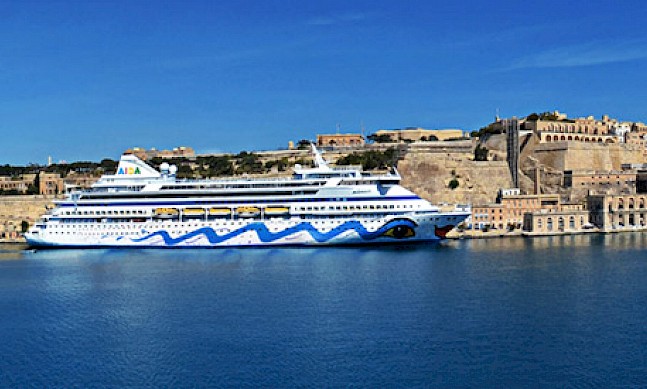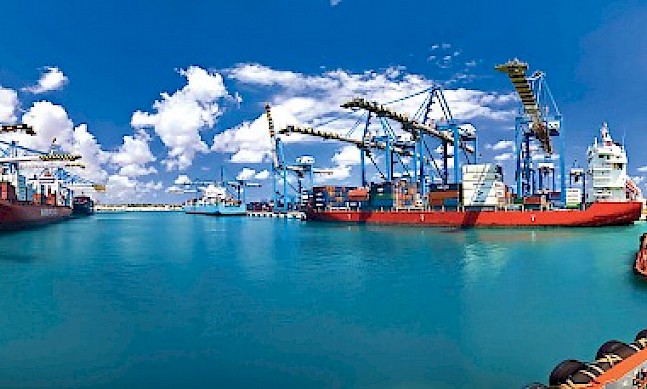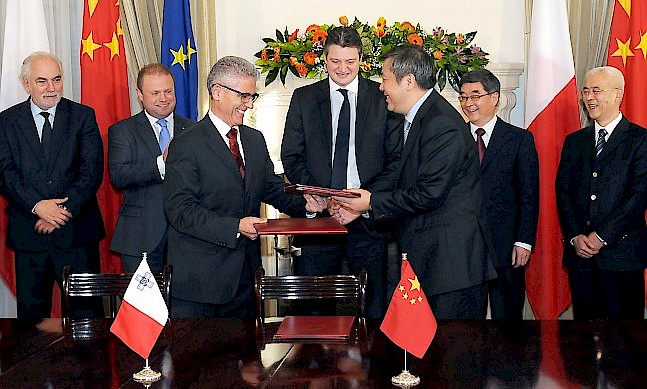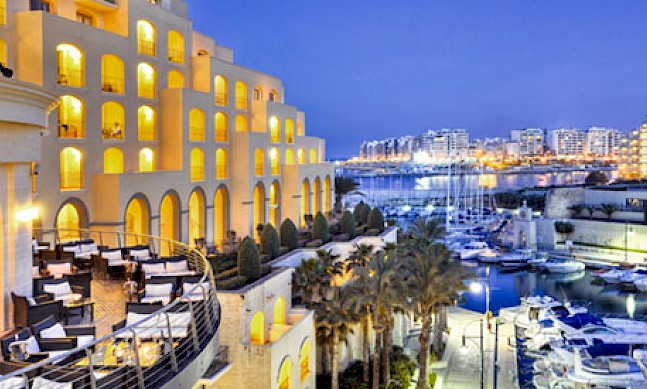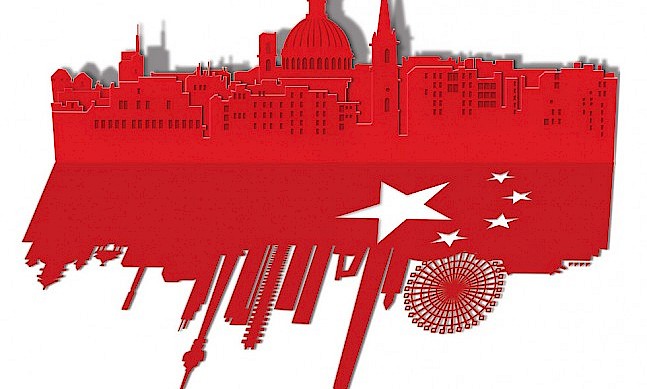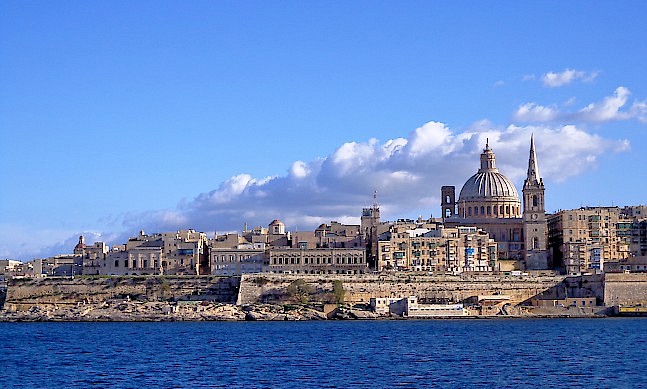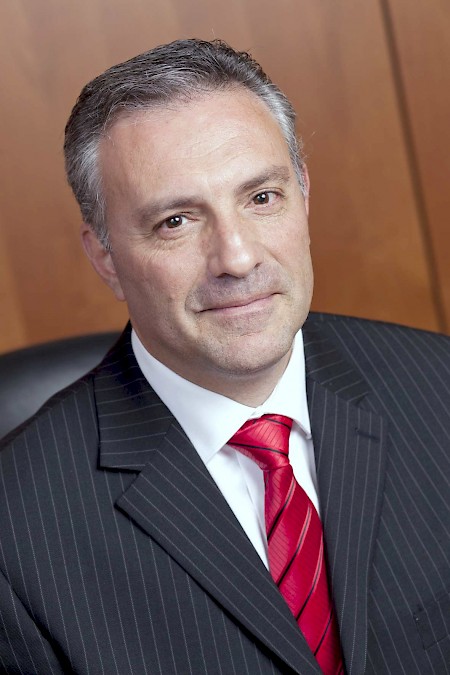
Despite a turbulent financial backdrop in the Mediterranean, Bank of Valletta has weathered the storm well. 2013 saw the bank post a record pre-tax profit, and its operations are characterised by a focus on long-term sustainability. Charles Borg, who has been CEO since 2011 following over three decades with the bank, sat down with The Report Company to discuss his strategy for success.
The Report Company: What can you tell us about Bank of Valletta’s operations?
Charles Borg: Bank of Valletta is an indigenous Maltese bank. We are owned by the Maltese public, and our main business is in Malta. Any business that happens in Malta or goes through Malta, Bank of Valletta has a significant part of it. We finance the Maltese economy. We are still by international standards a very small bank but by local standards we are a very large bank.
We offer the whole remit, the whole range of services that any commercial universal bank offers. Our responsibility is to ensure that we continue to support the growth of the Maltese economy. Unless we identify the new sectors in the economy and new areas of growth and we support them by making funds available, the economy will not grow. Even though we are a private bank, we need to work in tandem with government policy to support economic growth. This is the additional responsibility that banks like ourselves and HSBC have. Between us we control 90 percent of the Maltese economy and this is why we at Bank of Valletta feel that we are responsible for supporting the Maltese economy.
TRC: How would you appraise the current state of the Maltese economy?
CB: We have a good history and a good track record. We are a small island in the middle of the Mediterranean and we have a very open economy, probably the most open in Europe. This means that basically we are dependent on our trading partners both in Europe and in North Africa, but notwithstanding this our economy was very resilient during the five years of crisis. We haven’t gone through the problems that our major European partners have gone through.
The Maltese economy is very diversified. We are not dependent on one sector. We have manufacturing, we have tourism, we have construction, financial services, gaming, pharmaceuticals, so there is a wide range.
Some of the traditional sectors have suffered during the European crisis, however the new sectors like gaming and financial services have done extremely well and that is the reason why the economy continues to be buoyant and resilient.
TRC: What does Malta have to offer investors?
CB: The level of regulation is high in Malta. It is the EU level of regulation, but at the same time we are efficient, so things get done and they get done at a cheaper rate. In Malta we can offer for example funds services at a much cheaper rate than say Dublin, but with the same level of oversight. The same goes for other services. Our legal firms are very capable, the audit firms are very capable, and so the ancillary firms are available as well. That is why Malta is so successful. There is the proper infrastructure also, which means that communication is adequate, flight connections are available and you do find the right level of human resources.
“We are a small island in the middle of the Mediterranean and we have a very open economy, probably the most open in Europe.”Tweet This
TRC: What would you say are the main differences between the previous government and the current government in terms of economic policy?
CB: We had a change in government recently but I think the policy decisions have remained the same. There hasn’t been a significant shift. The direction has remained the same, which is to focus on those areas that give you growth and employment, try as much as possible to create the incentive for the private sector to grow and encourage foreign direct investment. I think that is the secret. The banks have played an important part in this. The banks have remained cash-rich. To me that was one of the major successes that we had.
The present government is seriously tackling the energy issue and his intention is to address the cost of energy to both households and the industry.
The previous government was primarily dedicated to our EU partners. There has been a change in direction in that the present government is looking outside as well. We are a very small country. We only need a small part of the business, but we need a small part in different areas. I strongly believe that diversification is important in all sectors.
TRC: How important do you think diversifying into different markets outside of the EU is to Malta?
CB: The EU has been and continues to be a major trading partner for Malta but this new government has opened up more towards China, towards the United States and to other countries outside Europe, such as the Gulf States. This obviously will help Malta continue to grow. We have a very healthy relationship with our North African neighbours. However, when looking to other markets we have to be careful about which business we attract to Malta. We know what happened to our neighbour, Cyprus.
TRC: From which sectors do you see Malta’s growth coming from?
CB: The growth is coming from alternative energy, which could be an interesting sector, although it has its inherent risks. Aviation could also be a big part of the Maltese economy. In maritime our ship registry is the second or third largest in the world but as yet the banks have never been strong in shipping finance, but aviation can be a growth area. This includes the leasing of aircraft and registering of aircraft, and we see that growing. The maritime business will continue to be very important for the Maltese economy going forward.
TRC: What is the Bank of Valletta’s strategy in terms of international expansion?
CB: Our representative offices in places like Milan and Libya are not the only international side of the bank’s business. The international side is creating opportunities through the international companies setting up in Malta and doing business through Malta. We are not a big bank by international standards. We cannot utilise our balance sheet by going abroad. We internationalise by using services, by offering international companies to set up in Malta and by financing their businesses.
“The EU has been and continues to be a major trading partner for Malta but this new government has opened up more towards China, towards the United States and to other countries outside Europe.”Tweet This
TRC: In 2013, Bank of Valletta reported a five percent increase in pre-tax profit as compared to the previous year. What was the main driver behind this success, particularly as Europe’s banks are still struggling?
CB: The main revenue driver will continue to be the interest margin, which is the difference between the interest we charge on our lending and the interest we pay on our deposits.
The bank has been very successful in attracting deposits so today all our funding, the needs from the bank are coming from the Maltese depositor. This is stable money. It is expensive money because we have to run the branch network, but I sleep at night. When the international markets were shut down, we continued because the confidence of the people in Bank of Valletta remained high, so our funding was there.
The second area of improvement was in the fee income in areas like wealth management and trade finance which are all doing well. On the other hand we have had a tight control on our expenses. We continue to be cost conscious. Our costs remained under control. The biggest expense would be human resources and IT. So we try and keep control over that. And then another significant improvement was the valuation and returns that we got from our investments. We also have a very successful businesses in relation to funds and insurance.
TRC: After 33 years at Bank of Valletta, what is your main objective?
CB: I’ve been in all areas of the bank from the front line in retail to specialised areas. I’ve been in subsidiaries of the bank. I was responsible for setting up the fund business of the bank in 1994 when Malta started off its financial sector. So I’ve had different experiences.. I would like to see the bank continue to grow the different areas of its business. We have very interesting new areas like for instance custody, which is an area of growth for us. Another area of growth continues to be our payment systems. That is something that we as a bank can offer. It’s mainly driven by IT. We are introducing a state-of-the-art card management system; hopefully it will be up and running in 2015.
At the moment we are going through possibly one of the biggest challenges that we had over the last two years and this is the new regulatory regime. Bank of Valletta is one of the 130 banks falling under the ECB regime.
Life at the bank is very challenging and we at BOV need to continue to focus on our most important asset – our clients.


